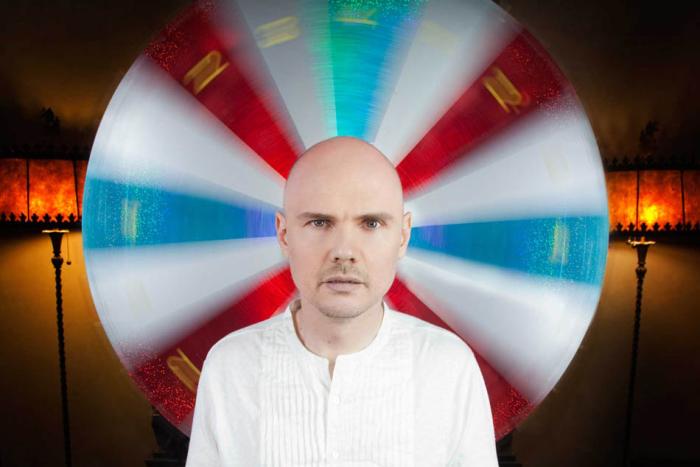Just a few short years ago many believed the Internet represented the end of mass culture. Faced with ability to pick and choose what they read and saw, people would use the web to simply sequester themselves in their own, personalized version of the world. Thus far at least, nothing could be further than the truth. If you’ve spent any time at all online in the past few days, you know this very well: awards season has been all but impossible to escape, regardless of where your browser happens to land.
Far from precipitating the end of the mainstream, social media has helped solidify certain popular events like the Oscars or the Olympics as our own versions of shared experience. Yet, the outpouring of feeling and thought during these moments forces one to wonder: Why do we do it? Why do we throw our thoughts about these happenings into online spaces often filled with casual acquaintances and strangers, only to have them lost amidst a rushing torrent of similar speech?
After all, it’s a question that extends far beyond award shows. Recently, the shooting in Newtown filled many social media streams with thoughts on gun control, the systemic causes of violence, or the structural inadequacies of mental health support. For all but a very few influential personalities, these actions seemed largely futile: how might a few hundred followers with whom one likely already shares political views be affected by this outburst of sermonizing? This is to make no mention of the fact that, deep down, most of us know we’re not really qualified to write policy.
It’s an issue that gets to the heart of social media itself. What is the virtual space within which we can write out our thoughts and have others read them actually supposed to do?
It seems one answer is “to make us feel better.” Historically, when presented with incomprehensibly big entertainment spectacles or overwhelming global events, the best we could do was turn to the person next to us and spill out the contents of our hearts. You’ve had these experiences, I’m sure. In the event of some controversial happening, you go to a bar or coffee shop and talk it over with your friends. The conversation has no real purpose for the outside world, but it does situate and then solidify your own interpretation of the world. Yes, now I have talked about this, we say, and even though I can change almost nothing, I feel safe that what I believe is true.
Social media offers us a virtual mirror for the same purpose. It rarely allows us to change about that which we speak, because we are still as disconnected from real power as ever; but it does give us a space to write out what we think—and, by extension, write out who we are. Each angry statement of belief about gun control, feminism, the economy or parenting—these aren’t poor arguments, or simple emotion; they are also acts of self-definition, inscriptions of our most fundamental beliefs cast against an impersonal, uncaring world. The web simply provides a new space in which our identities and self-conceptions can not only be articulated, but then also contested and even occasionally reshaped.
There’s something profoundly ambivalent about this. Unlike the conversation at the bar, it can be easy to mistake social media for ‘engaging a public’ or ‘making a difference’. You no doubt know people who mistake their own online circle for the world, and incessantly post things to ‘help others see the light.’ People’s minds are rarely changed, however, least of all by ideological opponents, and the risk in treating social media this way is to sometimes mistake the usefulness of catharsis for usefulness of political action.
At the same time, the critique of social media, whether of dinner plates on Instagram or day-to-day updates on Facebook, tends to miss a vital point: writing out our lives is how we both make sense of and hold on to what is important to us. The seemingly vacuous political statements or narcissistic expressions of consumption are very often actually cries of selfhood, anchors in miniature that help hold our sense of self in place. This is something we have always done; we just have another place in which to do it.
Mass culture hasn’t emerged from the age of social media unscathed and unchanged. The thing that we used to call the public sphere is now often filtered through the lens of our own virtual collectives, populated with a mix of the professional and the amateur, the personal and the public, the shared experience and the individual thought. Watching an awards show accompanied by the quiet roar of a Twitter stream is a profoundly different experience than not, each moment parsed, joked about, and very often situated into an ongoing current of cultural critique. It’s the event and the reaction, all tied up into an inextricable whole. And far from being overwhelmed or pinned into place, each little cri de coeur online is in fact a way of marking ourselves out and standing firm against what was once an unstoppable flood.






